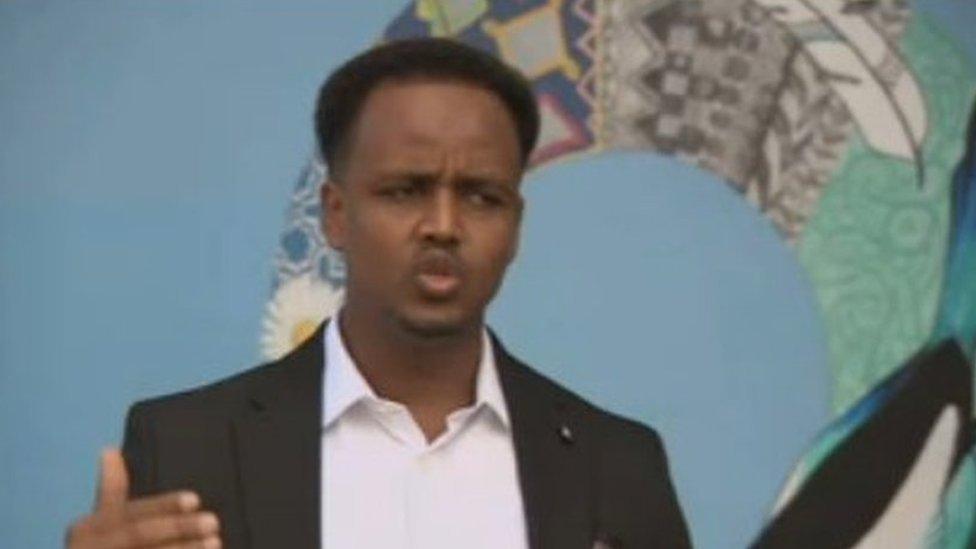Coronavirus: Film in eight languages 'shared worldwide'
- Published
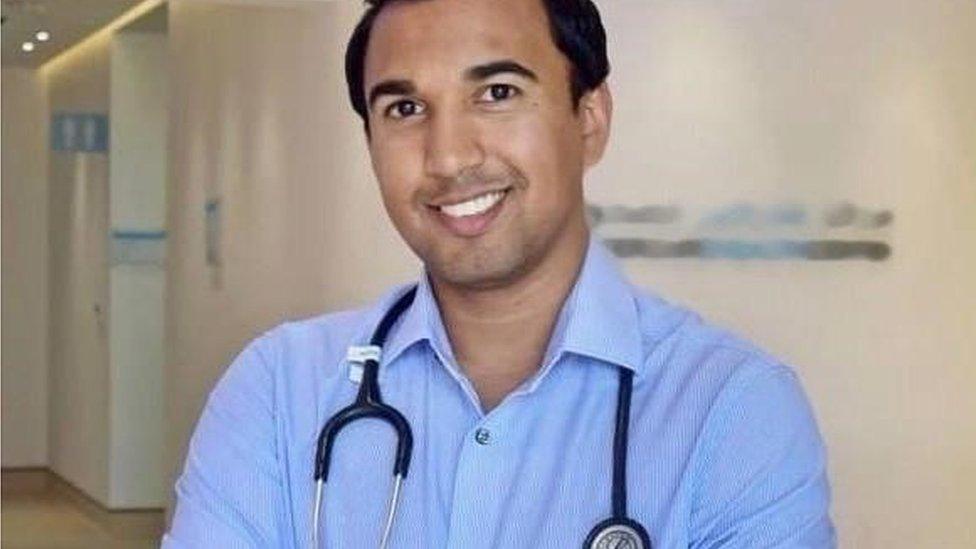
Dr Koyes Ahmed is a NHS GP and urgent care doctor working on the frontline during the pandemic
A video has been created for families whose first language is not English to give advice about coronavirus symptoms and staying safe during the pandemic.
The film, shared thousands of times, is fronted by Bristol GP Dr Koyes Ahmed and translated to eight languages including Arabic, Turkish and Urdu.
Dr Ahmed said the lockdown would particularly have a "huge impact" on Muslims during Ramadan.
The social media video has been shared even in the US, Saudi Arabia and Japan.
Weronika Ozpolat, from the Bristol Muslim Strategic Leadership Group, external (BSMLG), who had the idea for the video said it was essential to "make information in people's own languages [to] help them understand what to do and save lives".
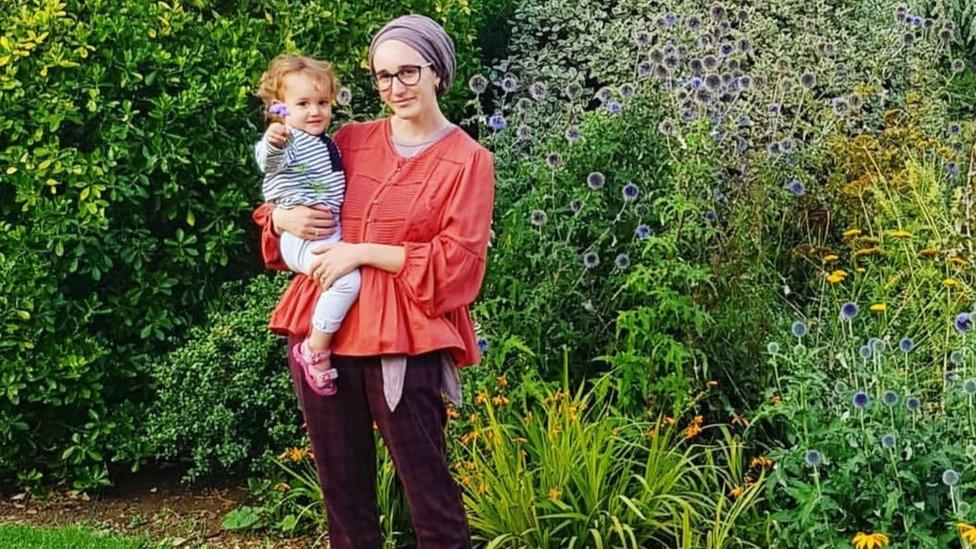
Weronika Ozpolat said the eight languages included Turkish, Punjabi, Urdu, Bengali, Somali and Arabic
Both Dr Ahmed and Ms Ozpolat said lockdown would "mean a very different Ramadan this year".
Ms Ozpolat said it meant not attending the mosque for prayers, or visiting friends to break the fast.
"We are creating more videos at the moment that relate to this and help keep people positive at this time."
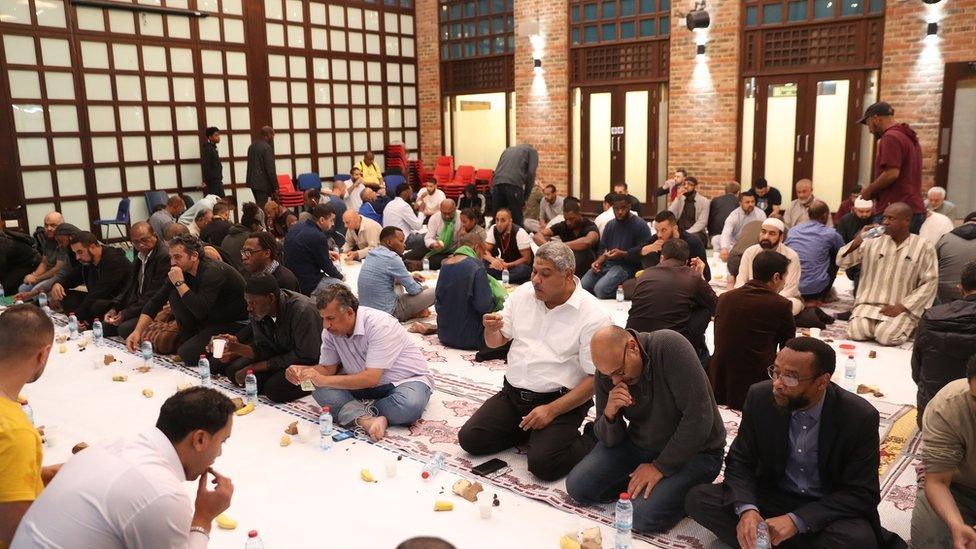
Normally Muslims would come together with people of other faiths to share food and celebrate Eid at the end of Ramadan
Dr Ahmed said: "[The video] has had a truly incredible response, with high-profile Muslim figures such as Baroness Warsi retweeting the video.
"People as far afield as USA, Canada, Saudi Arabia, Mali and Japan are sharing it."
Allow YouTube content?
This article contains content provided by Google YouTube. We ask for your permission before anything is loaded, as they may be using cookies and other technologies. You may want to read Google’s cookie policy, external and privacy policy, external before accepting. To view this content choose ‘accept and continue’.
Ms Ozpolat said: "While many people in minority communities speak English, there are still those who do not - particularly the older members of the community or those who have arrived in the UK recently - and it is important that this crucial information reaches them."
When asked about why there seemed to be a disproportionate impact of the virus on the BAME population, Dr Ahmed said there were "multiple reasons" and "access to healthcare may be a factor - hence why our video is perhaps even more relevant and important".
But he said there were also a "multitude of other factors to consider" including higher levels of poverty, inter-generational households and higher levels of some chronic diseases.
Dr Ahmed, who has three young children, said his family had also been affected as his parents "normally live with us at home".
He said: "Before the lockdown started, we spoke to my parents and decided it was best for them to stay with one of my brothers - at least for the time being.
"We thought it would be in their best interests to be shielded and live away, despite it being difficult - for us and them - especially with how much they miss the grandchildren."
- Published21 April 2020
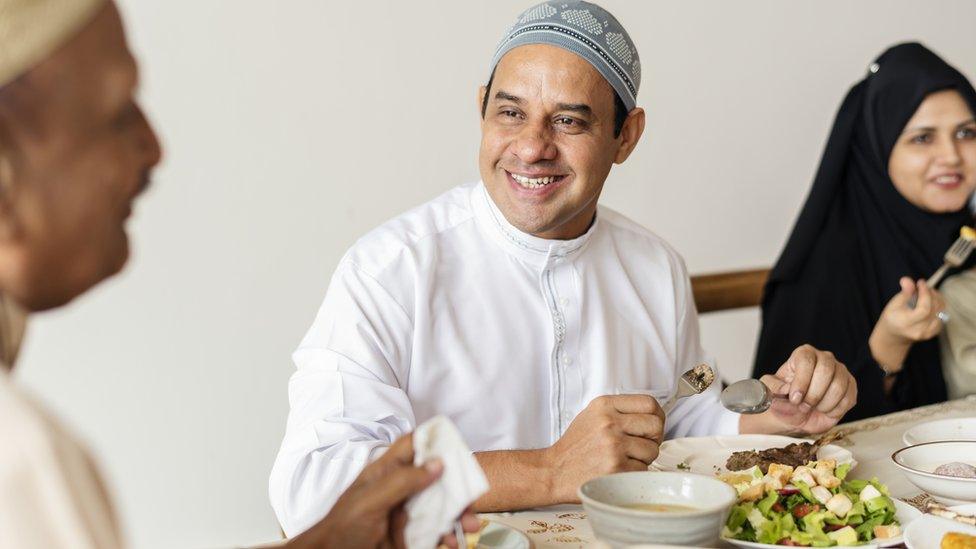
- Published18 April 2020
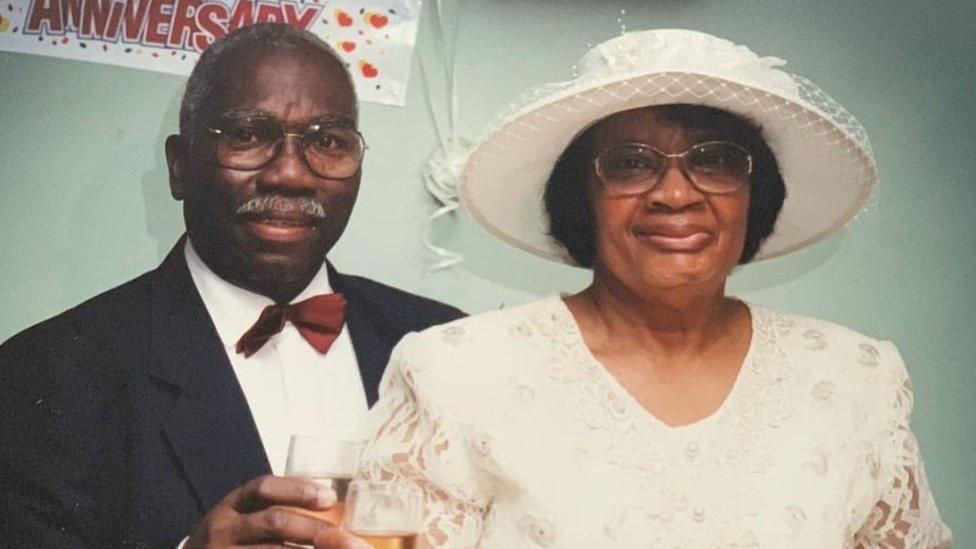
- Published19 June 2020
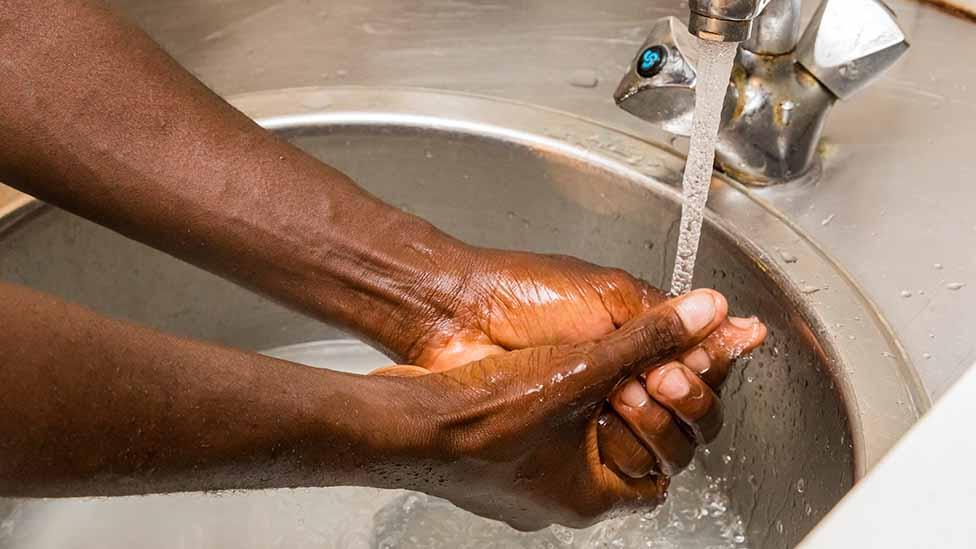
- Published16 April 2020
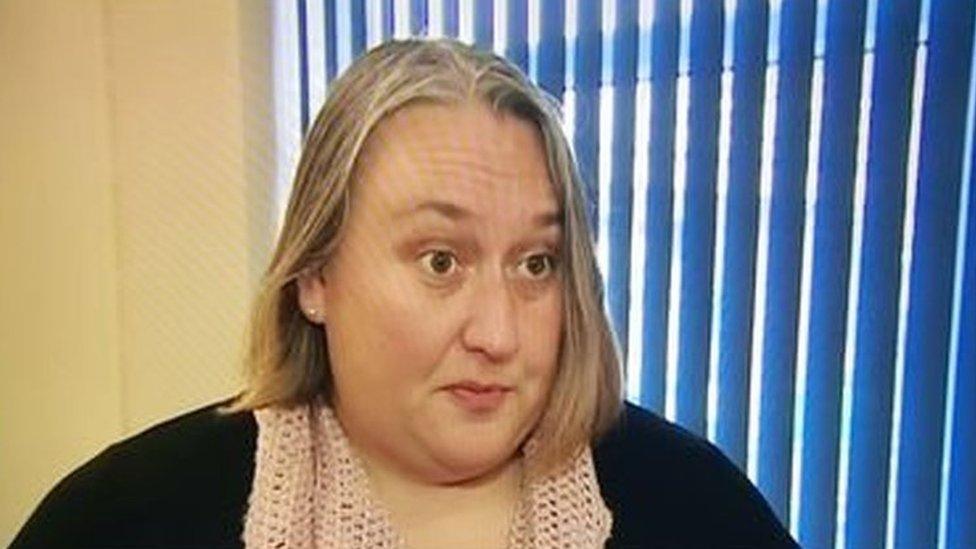
- Published15 April 2020
